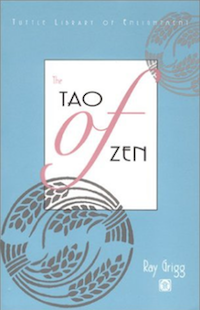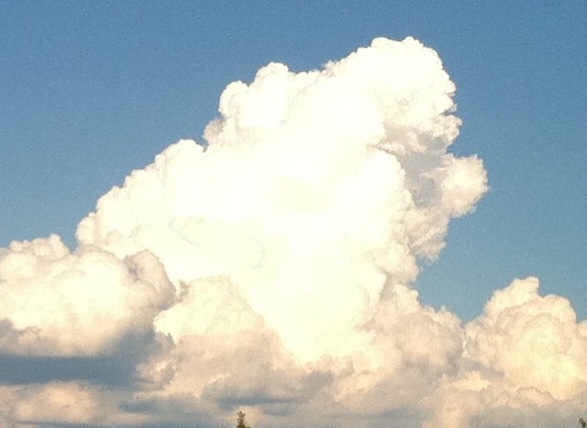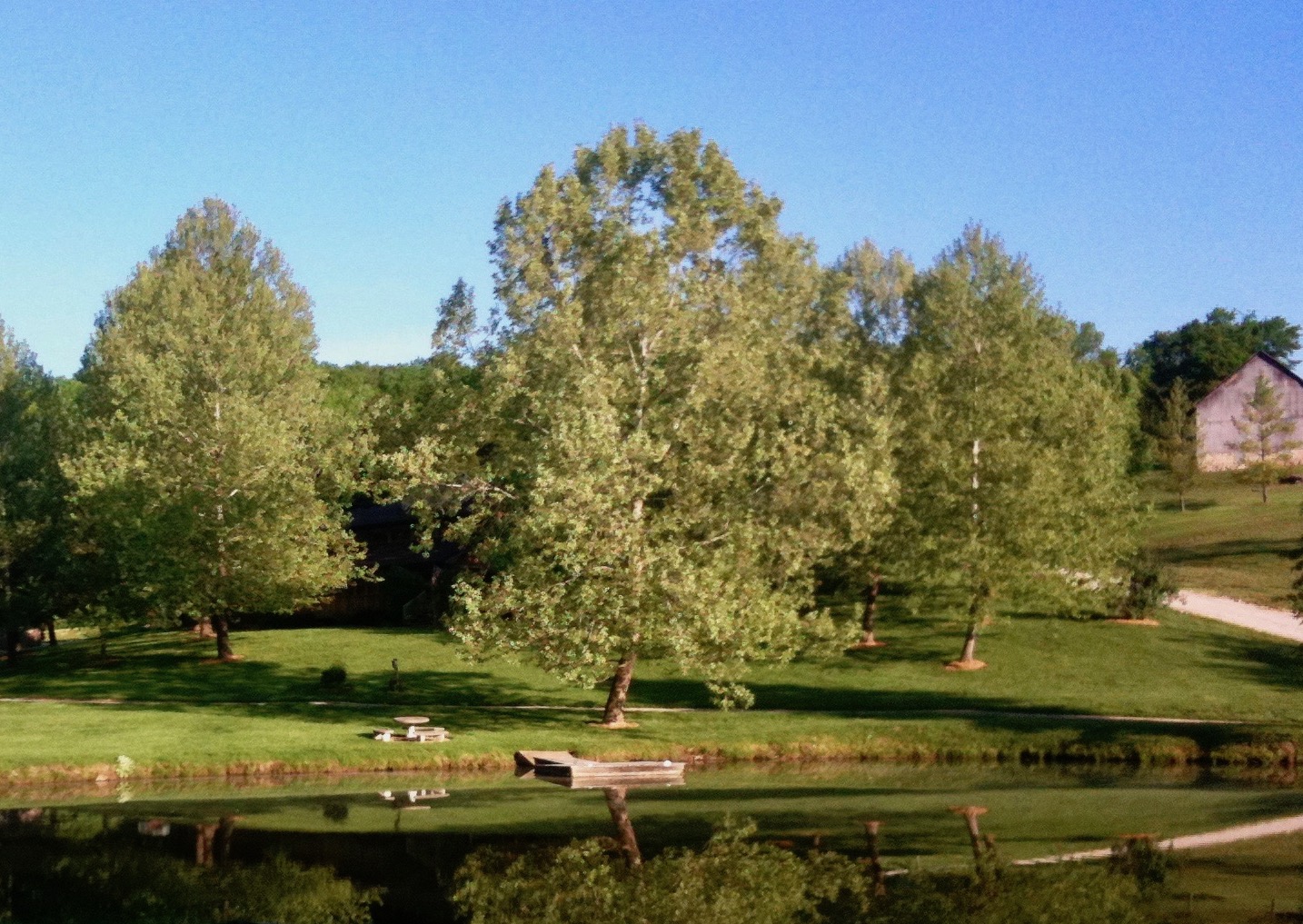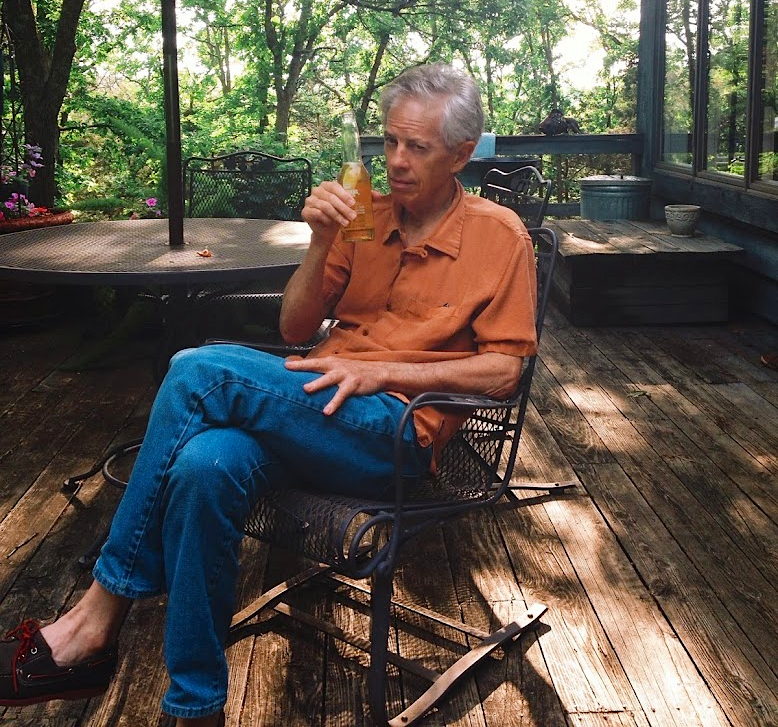 In The Tao of Zen, author Ray Grigg devotes 170 pages to tracing the historical roots of Buddhism, Taoism and Zen. I find it tough sledding every time. The rest of the book explores the philosophical similarities between Taosim and Zen. Chapters on: Wordlessness, Selflessness, Softness, Oneness, Emptiness, Nothingness, Balance, Paradox, Non-doing, Spontaneity, Ordinariness, Playfulness, Suchness.
In The Tao of Zen, author Ray Grigg devotes 170 pages to tracing the historical roots of Buddhism, Taoism and Zen. I find it tough sledding every time. The rest of the book explores the philosophical similarities between Taosim and Zen. Chapters on: Wordlessness, Selflessness, Softness, Oneness, Emptiness, Nothingness, Balance, Paradox, Non-doing, Spontaneity, Ordinariness, Playfulness, Suchness.
After three readings, my copy of this book has so many underlines, margin notes and highlighter, it’s getting hard to read. Here are few ideas from the final chapter:
In Taoism and Zen, suchness is accommodated by emptying. This is the process of clearing away the attitudes, the judgements, the roles, and all the conditioned patterns of thinking and feeling that shape ordinary experience. This means no questions, no answers, no explanations, no justifications, no rationalizations, no utilitarianism. It also means no moralizing, no personifying, no empathizing.
“Our existence is nothing but a succession of moments perceived through the senses.” — Jean Jacques Rousseau
(In Taoism and Zen) self is a soft and flexible persona worn for the practical purpose of identification. This was Alan Watts’ point when he said that he was not really Alan Watts, he was only called Alan Watts.
“I don’t have faith. I have experience.” — Joseph Campbell
The Way of Taoism and Zen comes of itself. “It” happens when “It” is ready.




 The Universe has told me to go sit down and shut the fuck up. So I think I will. For a while at least. Social media is a toxic brew and a break will do me good. When I find something I’d like to share I’ll do that here. Despite my best efforts, I became a little obsessed by the recent political shenanigans and yesterday’s events might just be the icy enema I needed.
The Universe has told me to go sit down and shut the fuck up. So I think I will. For a while at least. Social media is a toxic brew and a break will do me good. When I find something I’d like to share I’ll do that here. Despite my best efforts, I became a little obsessed by the recent political shenanigans and yesterday’s events might just be the icy enema I needed.